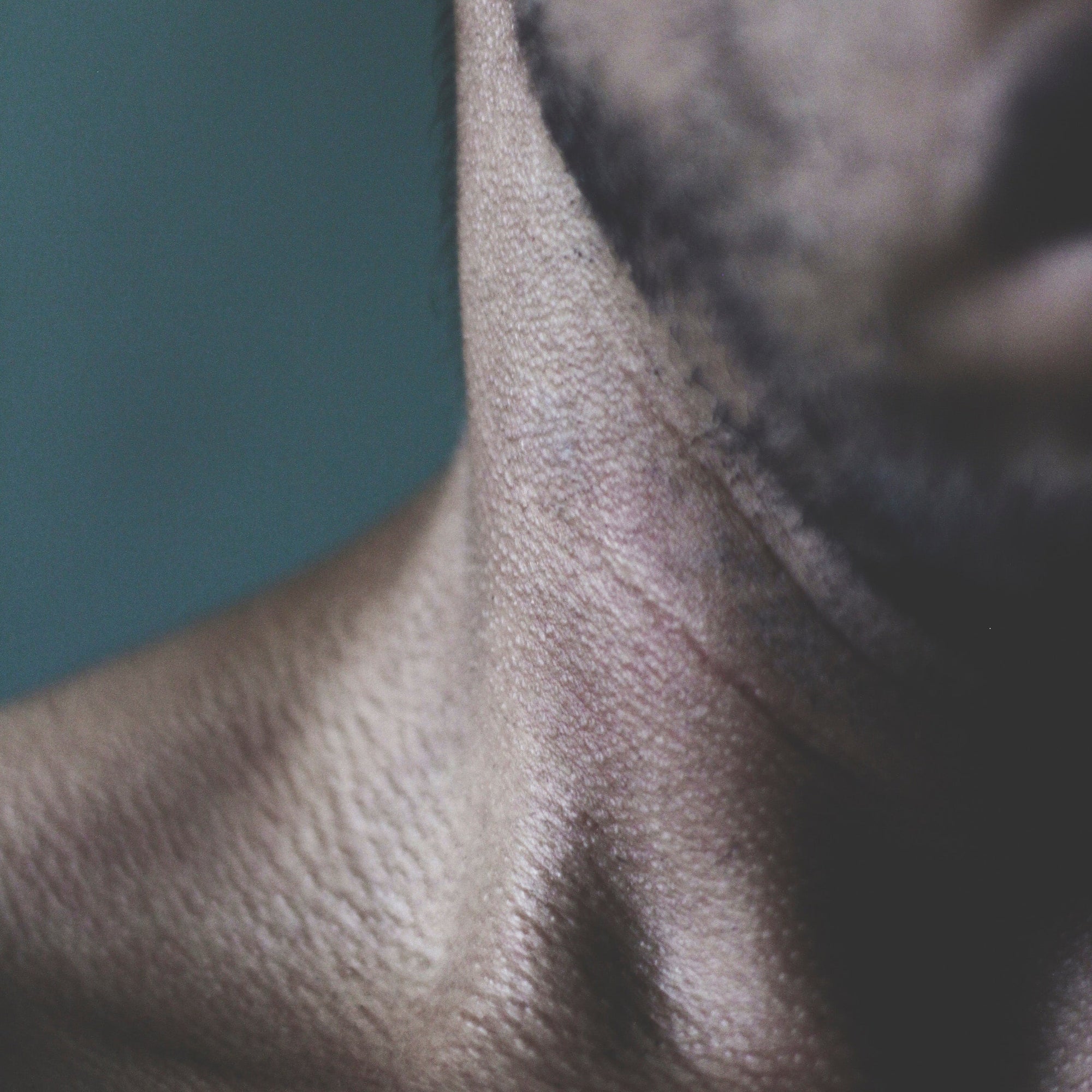Stress will always be part of life.
And there are lots of lifestyle changes you can make to build up your resilience to stress.
But there are some moments when your stress levels go sky high.
And we wanted to give you some quick techniques that you can use to manage those moments.
So when you’re up against it, and you feel the panic rising, these three proven techniques will calm you.
And they’ll do it in as little as five minutes.

Stressful moments activate your sympathetic nervous system, sending your body into fight-or-flight mode. (link) So restoring calm starts with ensuring that you deactivate this system.
Managing the fight-or-flight response
A quick reminder: ‘Fight-or-flight’ is automatically activated when we experience a stressful situation. This triggers cortisol and other stress hormones and neurotransmitters to be released. These in turn trigger physical symptoms such as a faster heartbeat, quicker breathing, and constricted blood vessels.
It takes a conscious effort to deactivate your sympathetic nervous system. But it’s worth it. It allows for those stress hormones to reset to baseline - and you get an immediate feeling of clarity and relaxation.
How to relieve stress in 5 minutes
3 quick, powerful techniques to restore calm to your mind and body.
01 | Deep breathing (Box Breathing)
When you breathe in deeply through your nose, your lungs fully expand and your belly rises. This helps slow your heart rate, bringing a feeling of calmness.
So the goal of deep breathing is to focus your awareness on your breath, making it slower and deeper.
All deep breathing exercises help to deactivate your sympathetic nervous system and aid relaxation, but box breathing is one of the fastest and most effective to try.
Box breathing is a quick, effective way to use your breath to calm your mind and body.
It’s based on a breathing pattern that uses equal counts - like the four equal sides of a box - as you inhale, hold, exhale and hold your breath again.
- Slowly breathe in for 4 counts
- Hold for 4 counts
- Breathe out for 4 counts
- And hold again for 4 counts.
You can visualise the sides of a box as you do it.
Repeat as many times as you need to feel calm again.
02 | Mindfulness meditation
Mindfulness meditation helps to anchor you in the present moment.
Meditating on a consistent basis, even for short periods, helps boost your mood as well as decrease symptoms of stress and anxiety.
- Set a timer for five minutes.
- Sit comfortably upright (either in a chair or on the floor).
- Gently close your eyes.
-
Then start to focus on your breath - as you deeply inhale through your nose, expanding your abdomen, and slowly exhale through your mouth.
Don’t worry if your mind starts to wander, just gently return your focus to your breath again.
03 | Acupressure massage
Acupressure is a form of traditional Chinese medicine that involves stimulating pressure points in your body, either on your own or with the help of a professional.
HE GU (L14) pressure point
This is located on the back of your hand in the web between your thumb and index finger, at the highest point of the muscle.
Stimulating this point is said to reduce stress, as well as ease headaches and neck pain.
How to do it:
Locate the HE GU (L14)pressure point
- Using the thumb and index finger of your other hand apply pressure and massage the pressure point for five seconds.
- All the while taking slow, deep breaths.
Practising these stress-reducing techniques daily will also give you the long-term health benefits of building up resistance to stress.

Stress and Your Skin
When you're feeling stressed it can make you skimp on your normally healthy habits.
You may take less time taking care of yourself – not sleeping as well, not washing your face, not eating healthily or drinking enough water. These can all have a negative impact on your skin.
How does stress affect your skin?
Excessive stress affects the whole body, but the effect is most noticeable on your skin, the body’s largest organ.
An increase in redness and acne, along with excessive dryness and irritation, more fine lines appearing on your face, as well as uneven skin tone…. are all signs that high levels of stress are taking a toll on your skin.
For the most part this is due to an increase in the levels of the hormone cortisol, which is the body’s reaction to stress.
Does stress cause acne?
Yes. Stress acne is a very real thing.
Acne breakouts, red bumps and pimples can be triggered by the increased levels of the hormone Cortisol which rises as a result of stress.
Feelings of stress can also have a general depressive effect on your body’s immune system. If you’re already prone to acne this can make it worse by lowering your body’s ability to fight any inflammation.
On top of that, stress may be making you ‘comfort eat’ as compensation. Comfort foods tend to be high in sugar and fat – which is why they’re comforting, after all! – and more sugar and more fat can both cause acne. So try to limit them – or look for healthy options that are also comforting.
How does an increase in cortisol levels affect my skin?
The outward signs of an elevated level of cortisol include:
- An increase in rashes, redness and inflammation
- Dry, dehydrated skin, with fine lines and wrinkles appearing
- A triggering of existing skin conditions - like eczema, psoriasis and acne – causing them to worsen or flare up
- Your skin looks oilier and you’re more prone to acne breakouts
Can stress cause a skin rash on my face?
Yes.
Lots of skin conditions – including rashes, eczema, psoriasis, and acne – can all flare up when you’re feeling under stress.
Unusually stressful times can make your face hyper-sensitive, so something that normally didn’t bother your skin can suddenly make it react badly.
Could stress be making my face oily?
Yes.
Again it’s the effect of cortisol, which triggers an increase in oil production in your skins sebaceous glands.
The Takeaway
Whilst there are lots of lifestyle changes you can make to build up your resilience to stress, sometimes you need a feeling of calm immediately.
So at those moments when your stress levels are sky high, and you feel the panic rising, here are some quick, powerful ways to calm your mind and body.
These three proven techniques will reduce stress in as little as five minutes.
- Box Breathing
- Five-minute Meditation
- Acupressure
And to keep your skin looking good…
SHOP THE ROUTINE.
All you need to stay looking handsome.
PRESTIGE SKINCARE FOR MEN.
MADE IN FRANCE.



